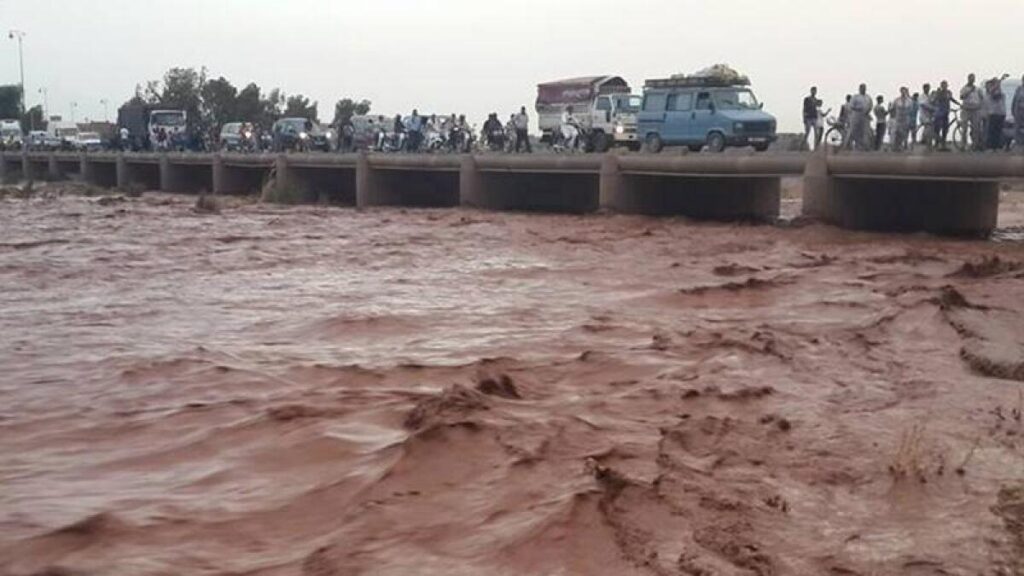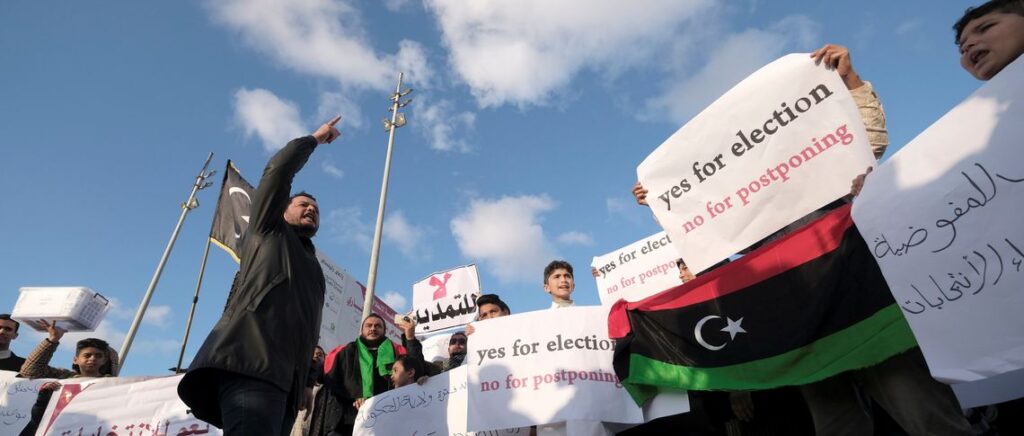
Egypt expressed deep concern on Friday over the escalating military operations in the Red Sea and airstrikes carried out by the United States and United Kingdom within Yemen. The Foreign Ministry issued a statement urging “concerted international and regional efforts to reduce tension and instability in the region, especially in terms of the security of navigation in the Red Sea.”
The statement comes in response to the aerial raids launched by the US and UK against the Houthi rebel group late Thursday. This escalation followed a series of Houthi attacks on maritime vessels in the Red Sea, which the group claimed were targeting “Israeli-linked” ships in solidarity with Palestinians affected by ongoing Israeli attacks in Gaza.
The Houthi attacks in the Red Sea, a vital global trade route for goods and energy supplies, significantly disrupted shipping traffic, forcing rerouting and causing delays and increased transport costs.
The Egyptian Foreign Ministry warned that the recent developments “could expand the conflict in the region,” raising concerns about a potential wider conflagration in the already volatile Middle East. The statement emphasized the need for “de-escalation and dialogue” to address the underlying issues fueling the conflict and prevent further suffering for civilians.
The US and UK airstrikes were reportedly aimed at Houthi military infrastructure and leadership, but concerns remain about potential civilian casualties and the long-term ramifications of escalating military action in Yemen.
The international community has increasingly called for a ceasefire and renewed efforts towards a peaceful resolution of the ongoing civil war in Yemen, which has caused a devastating humanitarian crisis with millions facing starvation and disease.
Egypt, a key player in regional diplomacy, stands at a crossroads as tensions rise in the Red Sea. Its position as a major maritime power and its close ties to both the US and Arab nations place it in a critical role to advocate for de-escalation and a return to dialogue to avert a wider conflict.
The situation in the Red Sea remains precarious, and the coming days will be crucial in determining whether diplomatic efforts can prevail or the region slides deeper into instability.




